Medical office procedure identifies key biomarker that may lead to more reliable diagnosis of neurodegenerative disorders.
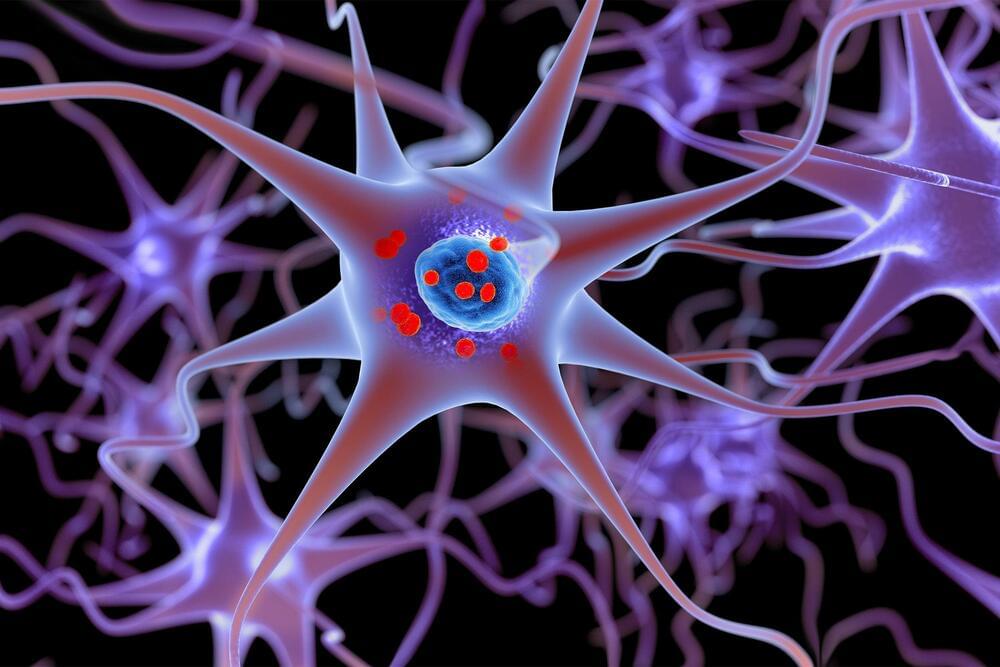

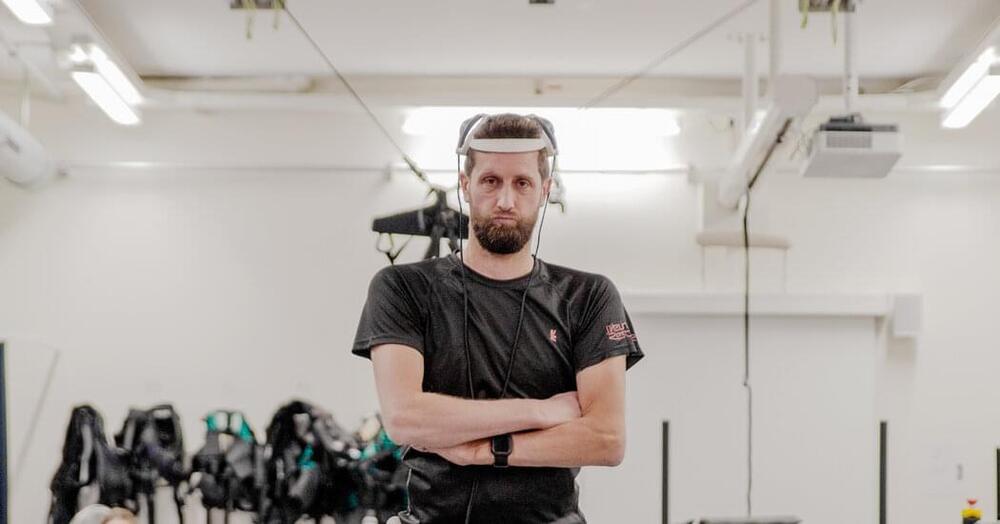

In an alarming exposé, several women have come forward accusing neuroscientist and celebrated podcaster Andrew Huberman of manipulation, bizarre behavior, and infidelity that may have led to a sexually transmitted infection in at least one of them.
Published by New York Magazine, this deep dive into the disparate public and private lives of the Stanford University neuroscientist illustrates a jarring portrait of a man who promotes physical and mental health and wellness — but engaged in bizarre interpersonal behavior, including secretly dating five women simultaneously.
Much of the story centers around a woman whom NYMag calls Sarah, who spent years dating the “Huberman Lab” host in what she believed to be an exclusive relationship. Along with accusing the 48-year-old podcaster of obfuscating about his other relationships, Sarah described Huberman as being intense and controlling, including — in a particularly unhinged twist — constantly relitigating her romantic and reproductive decisions from back before they were together.

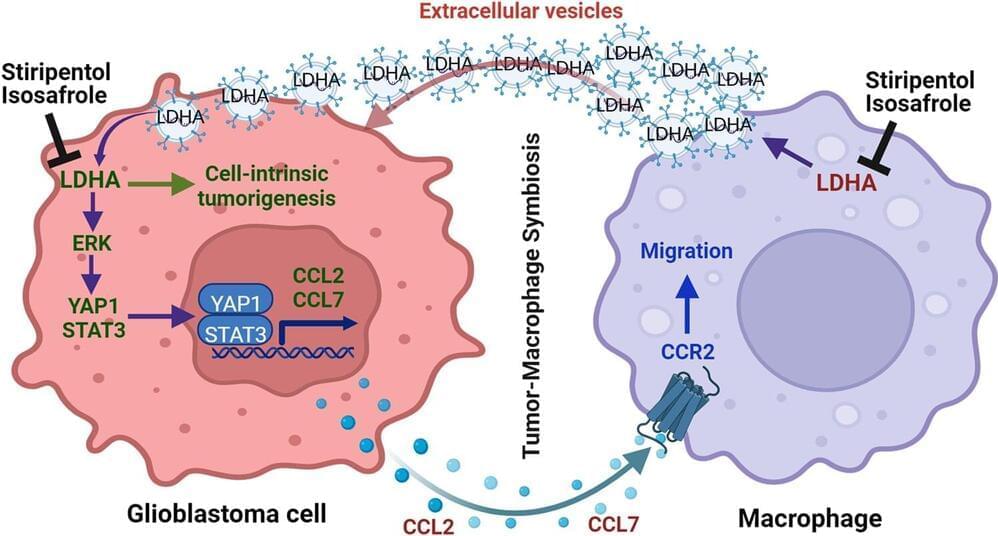

Gut bacteria and a diet rich in the amino acid tryptophan can play a protective role against pathogenic E. coli, which can cause severe stomach upset, cramps, fever, intestinal bleeding and renal failure, according to a study published March 13 in Nature.
The research reveals how dietary tryptophan—an amino acid found mostly in animal products, nuts, seeds, whole grains and legumes—can be broken down by gut bacteria into small molecules called metabolites. It turns out a few of these metabolites can bind to a receptor on gut epithelial (surface) cells, triggering a pathway that ultimately reduces the production of proteins that E. coli use to attach to the gut lining where they cause infection. When E. coli fail to attach and colonize the gut, the pathogen benignly moves through and passes out of the body.
The research describes a previously unknown role in the gut for a receptor, DRD2 has otherwise been known as a dopamine (neurotransmitter) receptor in the central and peripheral nervous systems.

The first patient with a Neuralink brain-computer implant played Nintendo’s Mario Kart video game with his mind in an impressive new demo video, calling it “lifechanging” at a company-wide meeting that was posted Friday on the social media platform X-formerly-Twitter.
“It’s been a wild ride,” said Noland Arbaugh, the 29-year-old Neuralink patient, during the celebratory company meeting.
“This is going to change the world,” added Arbaugh, who’s quadriplegic, meaning he’s paralyzed below his neck from a swimming accident, and requires the use of a wheelchair.
#science Where do our dreams come from, why do we have them, and what do they mean? Can we harness them to foster creativity, solve problems, and prepare for the future? What’s happening in the brains of so-called lucid dreamers, and can new developments in this cutting-edge field of research help us unlock the mystery of consciousness itself? Researchers Deirdre Barrett, Ken Paller, and Antonio Zadra join Brian Greene for a discussion about the mystery and power of dreams and where our minds go after midnight. This program is part of the Big Ideas series, supported by the John Templeton Foundation. Footage of the Ken Paller dream study from NOVA Online: Dream Hacking, https://www.pbs.org/wgbh/nova/video/d… ©2021 WGBH Educational Foundation. Participants: Deirdre Barrett, Psychologist Ken Paller, Neuroscientist Antonio Zadra, Psychologist Brian Greene – moderator Official Site: https://www.worldsciencefestival.com/ Twitter: / worldscifest Facebook:
/ worldsciencefestival Instagram:
/ worldscifest #Science #WorldScienceFestival
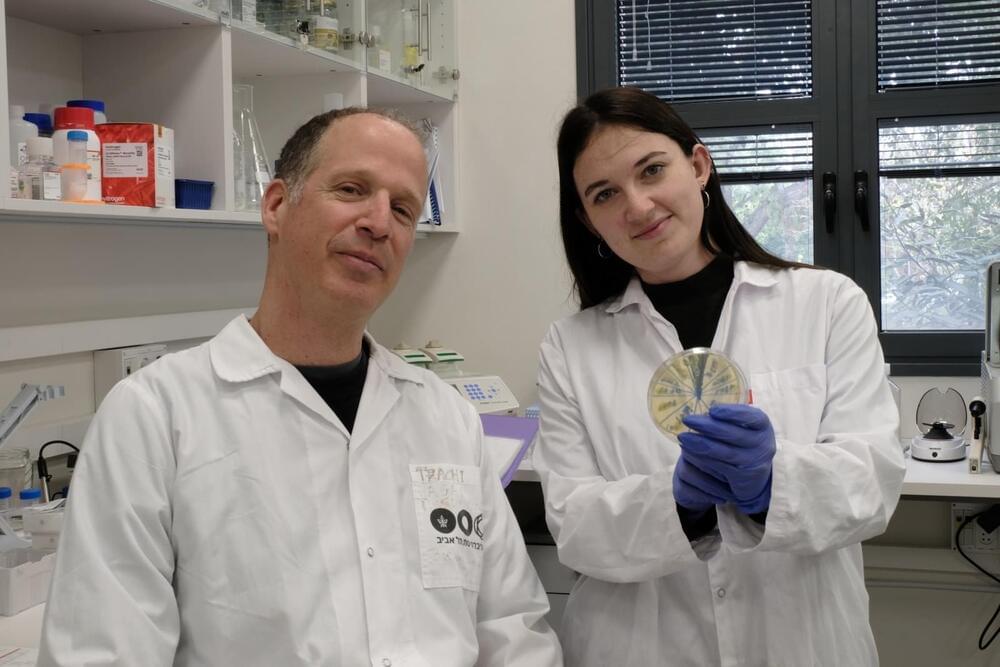
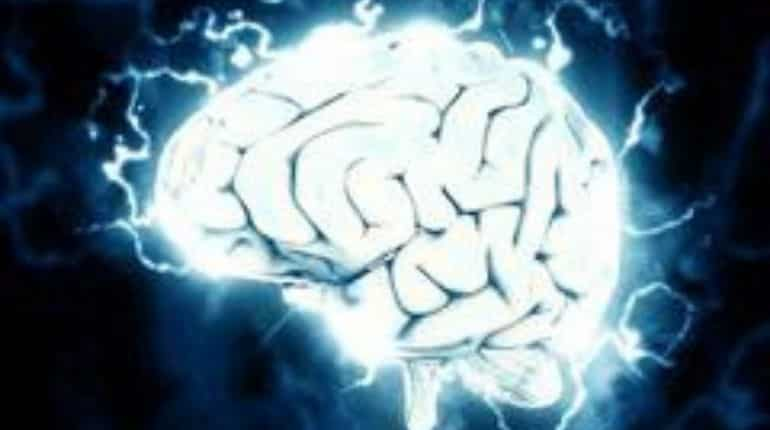
A new study has revealed that the size of human brains is getting larger, which means increased brain reserve and decreased chances of developing dementia. The researchers at UC Davis Health reached the conclusion by comparing the size of the brains of people born in the 1930s with those of people born in the 1970s. They noticed that the latter had 6.6 per cent larger brains. The study was published in JAMA Neurology.
“The decade someone is born appears to impact brain size and potentially long-term brain health,” said Charles DeCarli, first author of the study.
He further adds that genetics may also play a major role in determining the size of the brain. “Genetics plays a major role in determining brain size, but our findings indicate external influences — such as health, social, cultural and educational factors — may also play a role,” he said.